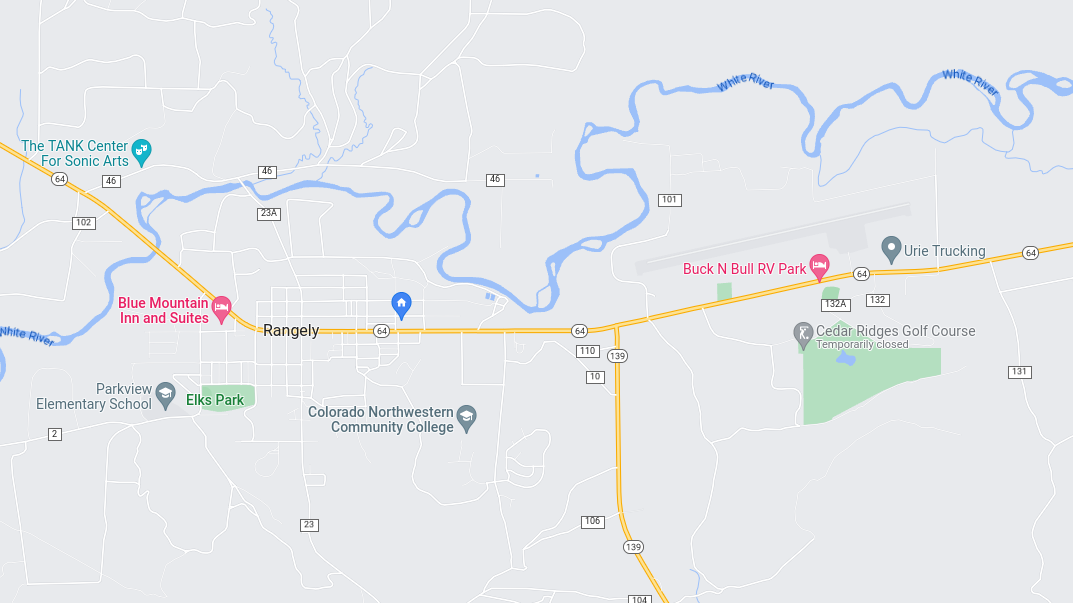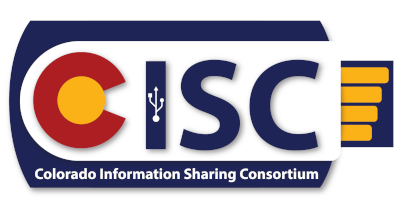About Section
Kaffeinated Kodemonkey—your go-to partner for ADA, WCAG, and Section 508 compliance. We make sure your site hits federal standards and delivers truly inclusive experiences across every state. As DHS Certified Trusted Testers, we handle the full spectrum: audits, remediation, and ongoing proof like POCC for private/SaaS growth or full SAR reports for gov/edu procurement. Beat the April 2026 deadline stress—reduce risks, boost usability, and open doors to new revenue.
Complete A11y Services
Kaffeinated Kodemonkey—your trusted partner for ADA, Web Content Accessibility Guidelines, and Section 508 compliance. Ensure your website meets federal ada standards and provides an inclusive user experience across all states. Our DHS Certified Trusted Tester team delivers comprehensive solutions to achieve and maintain requirements reducing risks and enhancing usability for all digital accessibility.
Which Service Fits Your Needs?
Web Accessibility Audit
One-time audit ideal for RFPs, upcoming deadlines, or first-time conformance projects.
- VPAT/ACR Creation or Review
- POCC Baseline Audit: Public-Private
- Ext. POCC + SAR: Gov-Edu-Enterprise
A11y Monitoring + WAA
Ongoing proof of compliance – perfect for long-term risk management. You stay audit-ready 365 days a year
- Quarterly manual + automated audits
- Quarterly update POCC and/or SAR
- LMS Integration For Canvas - optional
- Support & Training
Accessible Web Design
We build websites correctly from the ground up so accessibility is never an afterthought.
- POUR-first, WCAG 2.2 AA compliant
- WordPress, Custom SSG: Jekyll, Gatsby
- Hosting, domain & maintenance
- POCC certificate on launch

Start Compliance Journey Today
Speak with a DHS Trusted Tester about Kaffeinated Kodemonkey’s POCC and how to ensuer your website meets state, federal, or public requirements for digital content under Title II & III, WCAG and Section 508 Compliace, or any state bills.
Join the conversation:
- Bolg Series - Blog Series on the WCAG from beginner to expert.
- MonkeyFourm - Join our forum, ask question and join in on the conversation.
- Knowledge Base where you can gain dive deeper and get in depth information
- MonkeySupport Need A11y help open a ticket and an A11y Expert will be with you.
Frequently Asked Questions
Here are answers to the most commonly asked questions about Web Accessibility.
The Web Content Accessibility Guidelines (WCAG) are global standards created by the World Wide Web Consortium (W3C) to make web content—like text, images, and videos—accessible to people with disabilities, such as visual, auditory, or motor impairments. WCAG’s four principles (Perceivable, Operable, Understandable, Robust) ensure websites are usable for everyone, including the 26% of U.S. adults with disabilities (per CDC). In the U.S., Section 508 requires federal websites to meet WCAG 2.0 Level A/AA standards. Join our Kodemonkey Newsletter for a free 5-step checklist to start WCAG and Section 508 compliance, and visit the MonkeyHub for A11y tips!
ADA compliance refers to meeting the requirements of the Americans with Disabilities Act (ADA), a U.S. federal law enacted in 1990 to prohibit discrimination against people with disabilities. For web accessibility, it ensures digital content—like websites, apps, and PDFs—is usable by individuals with visual, auditory, motor, or cognitive impairments (e.g., 26% of U.S. adults, per CDC). While the ADA doesn’t explicitly define web standards, Titles II and III often apply: Title II requires state/local government websites to be accessible, and Title III applies to public-facing businesses. Courts increasingly interpret ADA compliance as meeting WCAG 2.1 Level A/AA standards, similar to Section 508 for federal agencies (which mandates WCAG 2.0 A/AA). Non-compliance risks lawsuits or penalties. Practical steps include adding alt text, ensuring keyboard navigation, and testing with tools like WAVE. Join our Kodemonkey Newsletter for a free WCAG checklist and visit the MonkeyHub for A11y tips!
A Proof of Compliance Certificate (POCC) is a formal document issued by Kaffeinated Kodemonkey to demonstrate that your website, app, or digital content meets web accessibility standards like WCAG 2.1/2.2 Level AA and Section 508.
It provides evidence of audits, testing (e.g., with screen readers like NVDA), remediation, and conformance, helping reduce legal risks under the ADA (Titles II/III) for businesses and federal contractors. Unlike a VPAT (used for product procurement), a POCC focuses on ongoing compliance proof.
Note: No official "ADA certification" exists, but a POCC shows good-faith efforts.
Get yours with a DHS Trusted Tester audit from Kaffeinated Kodemonkey!
Accessibility (A11y) improves SEO by making your website easier for search engines like Google to understand and rank. Adding alt text to images gives search crawlers keyword-rich content to index. Using clear, structured HTML helps Google navigate your site. Features like captions for videos and easy navigation make your site more user-friendly, keeping visitors longer and reducing bounce rates. This broader reach, including to the 26% of U.S. adults with disabilities (per CDC), boosts traffic and engagement, signaling quality to search engines. Accessible sites also load faster and work better on mobile, both key for SEO.
HB21-1110 compliance refers to Colorado's House Bill 21-1110, a 2021 law making the state the first to mandate that all state and local government websites, digital content, and software be accessible to people with disabilities. It prohibits discrimination by ensuring equitable access to services, aligning with WCAG 2.1 Level AA standards (similar to Section 508 but for Colorado entities like schools and agencies). The deadline is July 1, 2025 (extended from 2024 for good-faith efforts), with non-compliance risking civil rights violations, fines up to $3,500 per issue, or court orders. This benefits the 26% of U.S. adults with disabilities (per CDC) by improving usability on government sites.
Section 508 compliance refers to meeting the accessibility requirements of Section 508 of the Rehabilitation Act of 1973, a U.S. federal law mandating that Information and Communication Technology (ICT)—like websites, apps, PDFs, and software—used by federal agencies and contractors be accessible to people with disabilities. It adopts WCAG 2.0 Level A and AA standards for web content, ensuring usability for the 26% of U.S. adults with disabilities (per CDC). This includes features like alt text for images, keyboard navigation, and captions for videos. Compliance often requires a Voluntary Product Accessibility Template (VPAT) to document adherence. Non-compliance risks contract penalties or legal issues.
Contact Us
Location:
Rangely, CO, United States
Hours:
Monday–Friday: By Appointment Only
Closed Weekends and Holidays
Call:
Office: (720) 608-1444
Email:

How Can We Help?
Reach out for support. Expect a response within 1-2 business days, or Book a Free Consultation.
A field marked with an asterisk * indicates required field.





